
FREDDIE'S CORNER
27-02-2024 by Freddie del Curatolo

At first sight, the trees of Takaungu seem to project a 'fantasy' scenario to the traveller.
They clamber up the ancient stone staircase that rises from the landing of fishing boats and other vessels that carry salvaged souls from one side of the inlet to the other.
Women in colourful, iridescent robes that stand out against the blue of the ocean, fruit and vegetable sellers who go to the market, hoping for a few coins or barter to survive, students who have no other way to dream of a future other than that of their fathers, of a few coins and barter, than to climb onto a raft every day. On board they will find priests, peasants, women in labour, sick old people and traffickers.
There and back, every day, on the same boat and then up the same staircase.
In reality, the stone staircase was built more than seven hundred years ago for another reason, and many of the people who live there know it: in Takaungu, a few kilometres south of Kilifi, in the middle of the Kenyan coast, there was one of the most active and bloody slave trades.
Climbing the steps corroded by salt, sweat and blood, one arrives at the ruins of the slave market and, despite the fact that almost all history in these parts is not valued and is experienced as a foreign shame and not as a lesson to be learnt from, searching well among the brambles and brushwood one finds the wells into which the young, muscular Mijikenda were lowered, to be hoisted at the auctions of the rich Omani traders of Zanzibar, who came on purpose to buy them.
Those who did not resist in the pit were not valuable items for sale, and were left to die in there, if snakes or disease had not already thought of it.
That is why the trees, who have seen it all, would not want to be involved in the stone and ungodly plots of Takaungu's story and step aside, leaving the way clear for unsuspecting and lucky people to live in other times, when slavery hardly ever throws in the wells and does not sell your body directly, but settles for your soul in instalments.
That is why, carved on the trunk of a thousand-year-old baobab, we seem to see the terrified, imploring face of one of those captive souls, imprisoned in a time that man has been able to erase but that nature, much wiser and more aware than us, will remember forever.
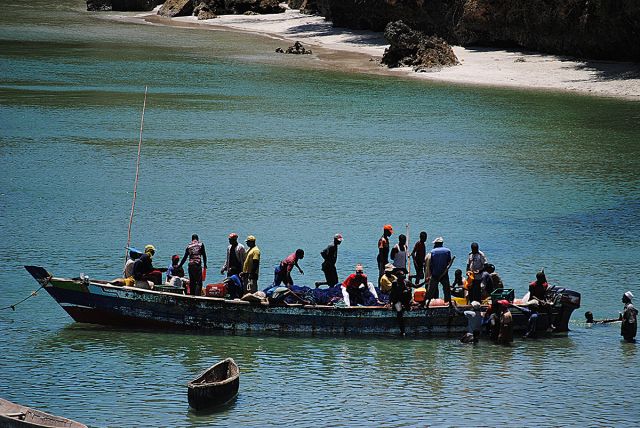
Today's Kenyan Song, Saturday 19 December, is a blues that over three centuries has ...
PLACES
by redazione

Kilifi is not only the capital of the county of the same name, which also includes Malindi...
MUSIC
by Freddie del Curatolo
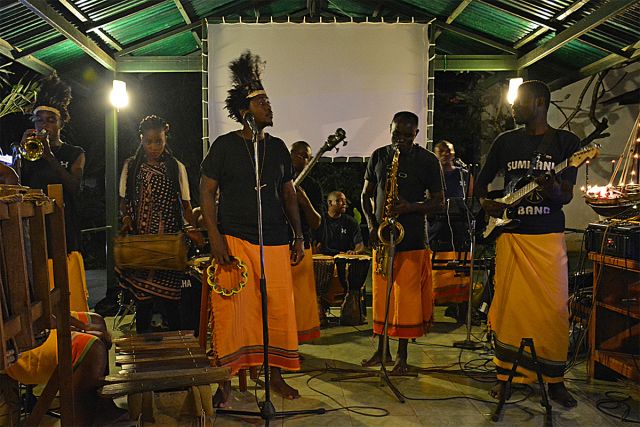
Combining the ethnic music traditions of the Kenyan coast with new trends and a touch of unusual ...
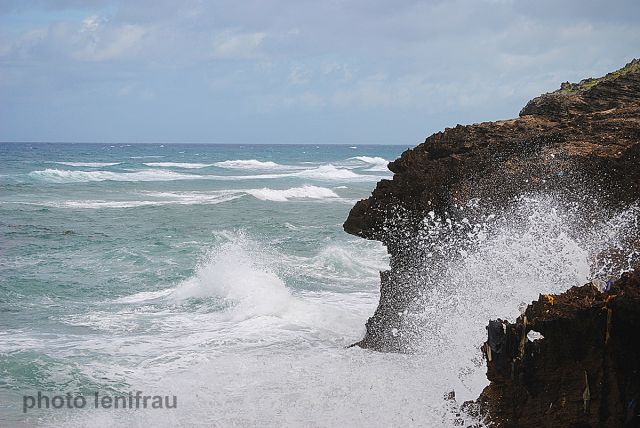
The Song of Kenya today, Thursday, December 10th, more than a song is a wonderful ...

A unique event that unites the culture of the Kenyan coast, the Mijikenda ethnicity, art and cultures from around the world, through the essential vehicles of music, words and visual art. All together in an evening entitled "The Earth and...
EVENTS
by redazione
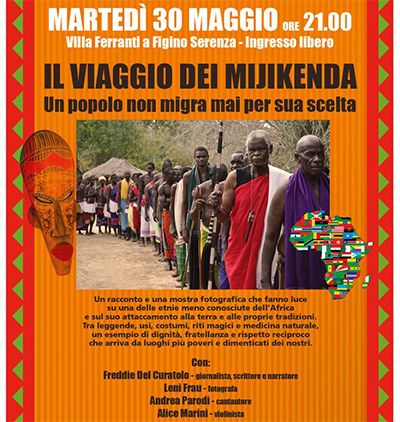
An evening of stories about Kenya and the Mijikenda ethnicity this Tuesday at Figino Serenza in the province of Como.
With free entrance, in the beautiful and elegant frame of Villa Ferranti, the headquarters of the municipal library, Malindikenya.net's director...
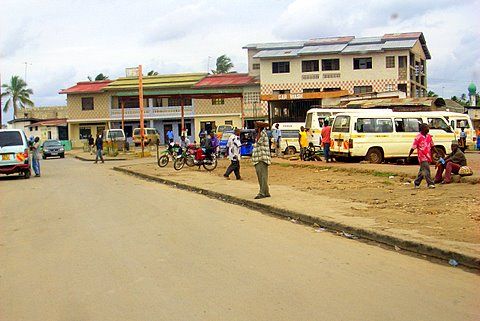
Kilifi is halfway between Mombasa and Malindi, at the outlet of an attractive creek which, for centuries, acted as a safe docking and stopping point for cargo boats. During the british colonialism, also a yacht club was created, the first...
EVENTS
by redazione
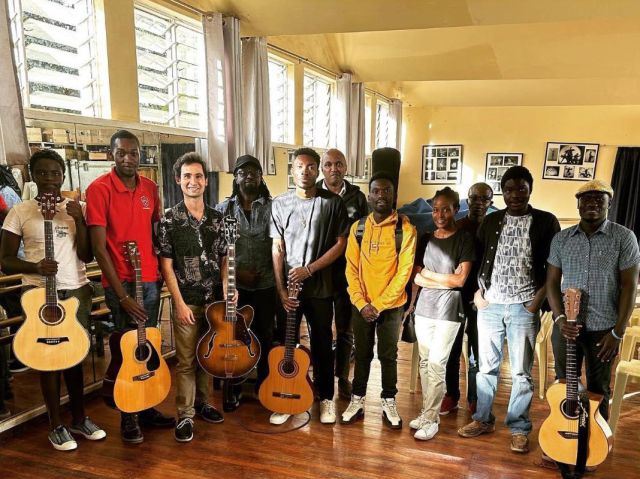
After guitar workshops and internships in the Nairobi slums and at the conservatory, and two applauded...
EVENTS
by redazione

An Easter of music and beauty from Africa and good things from Italy at Olimpia...
EVENTS
by redazione

Today in Malindi is celebrating the popular heroin of Mijikenda Mekatili Wa Menza culture.
This is the most important traditional celebration of the Kenyan coast population. The Mijikenda ethnicity represents the nine tribes living north of Malindi to the border with...
MOURNING
by Freddie del Curatolo
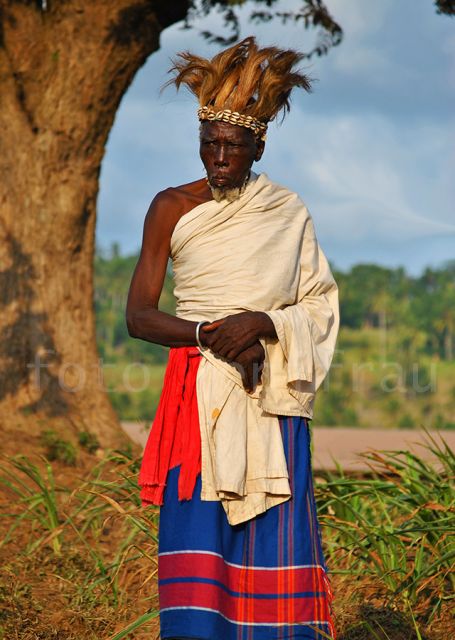
EVENTI
by redazione

Put the greatest poet of the Kenyan coast, the history of his homeland and its legends recited with passion. Add a songwriter that of the heart and true stories has made a way of life, even more than an artistic...
CELEBRATIONS
by Freddie del Curatolo

The Kenyan coast has a popular heroine and she is a very important figure in the country's history, because as...
EVENTI
by Leni Frau

As every year in these days, the Mijikenda ethnic group of the Kenyan coast and in ...